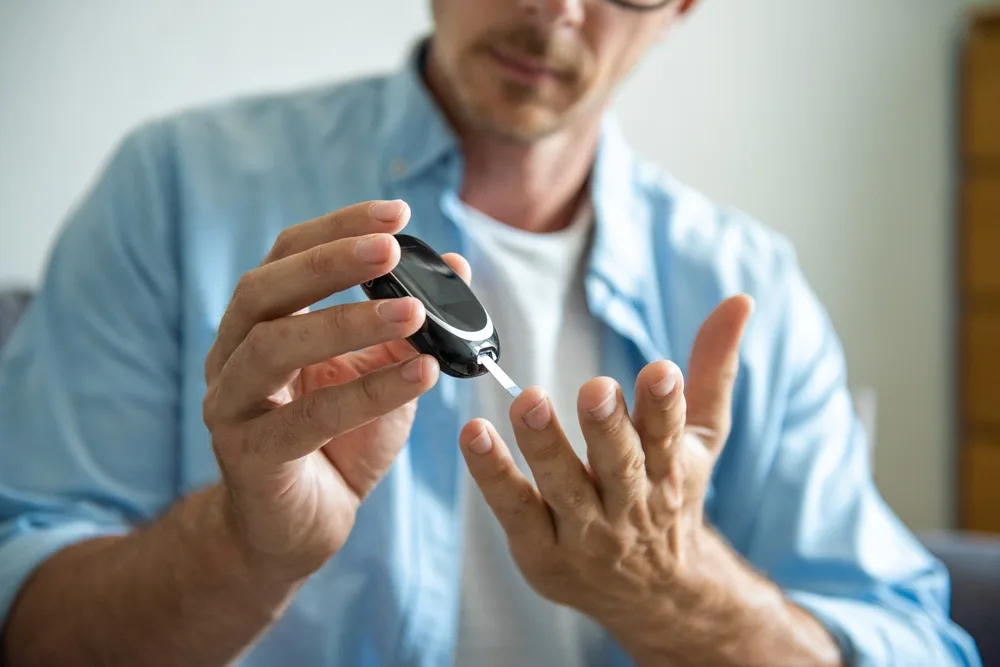There are many different types of hearing loss treatment that your doctor may recommend. Some of these methods may be surgical, while others may be non-surgical, such as using assistive devices or going to therapy.
Depending on the cause of your hearing loss and when you developed the condition, you may have a number of treatments available to you. Continue reading to learn more about some of the most popular hearing loss treatment methods and when you may decide to pursue them.
Hearing Aids
Hearing aids are small medical devices that amplify sounds so that you hear better. These devices are the most common form of sensorineural hearing loss treatment and are readily available to most children, teens and adults.
You can wear these devices just inside of your ear, which is usually meant for teens and adults. Infants and small children commonly use hearing aids that attach just behind the ear, which helps account for the fact they are still growing. There are also bone-anchored hearing aids that are commonly used by people whose ears do not accommodate traditional hearing aids.
You can get hearing aids that are custom-fit to your ear so they’re more comfortable. You can also find a brand, like Eargo hearing aids, that makes flexible eartips for a snug fit. You might consider Rechargeable hearing aids so you don’t have to replace the batteries.
Cochlear Implants
A cochlear implant is a very small electronic device that is surgically implanted under the skin and inside the inner ear. This device is mostly for people with severe hearing impairment due to inner ear damage and who cannot use hearing aids. The implant does not amplify sound but rather sends auditory signals to the brain through the auditory nerve, which a person who has the implant will learn to interpret.
Earwax Removal
Your audiologist may find that you have a severe buildup of earwax that’s causing hearing loss. You may even have ear wax trapped further into your canal due to using ear swabs. Either way, your doctor may recommend and conduct earwax removal. They might use a small suction tube or a loop-end tool that can easily scoop it out.
Medication
If your hearing loss is due to chronic ear infections or other medical conditions that impact your hearing, your doctor may prescribe you medication to treat these conditions and alleviate hearing loss symptoms.
Corrective Surgery
There are a number of surgeries to correct damage due to injury, malformation, tumors, or built up fluid. You may have surgery to remove a tumor or even to repair outer or middle ear damage that’s causing hearing loss. However, it’s not as common to have surgery on your inner ear to treat sensorineural hearing loss.
By Admin –








